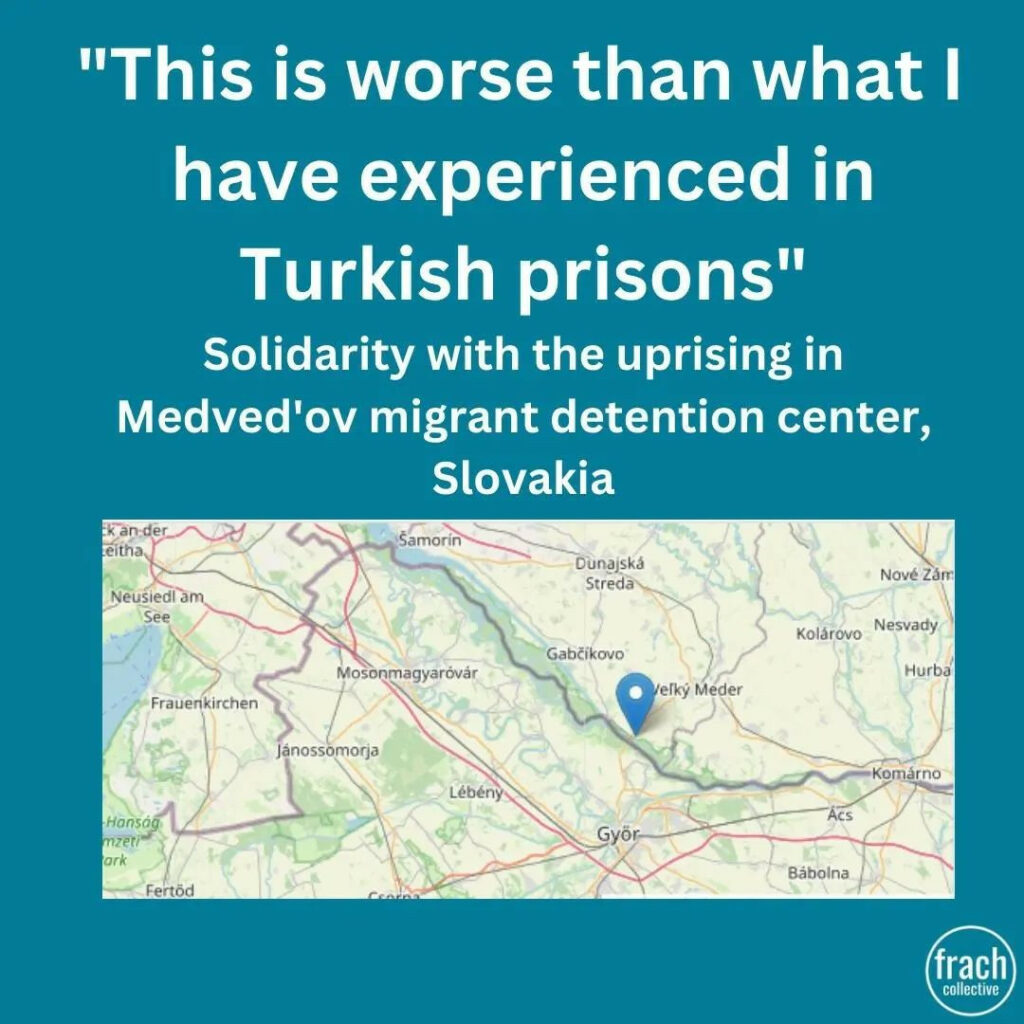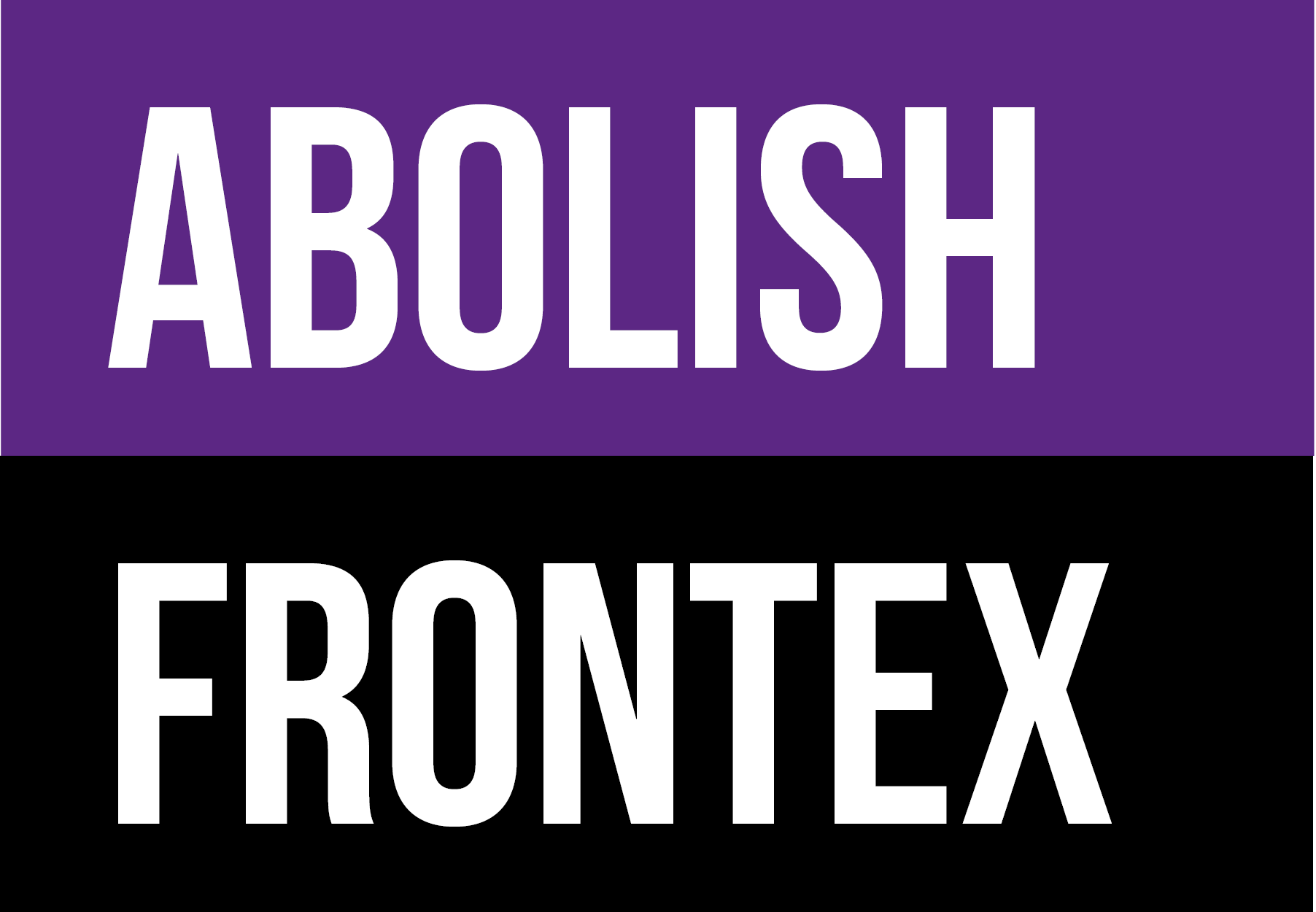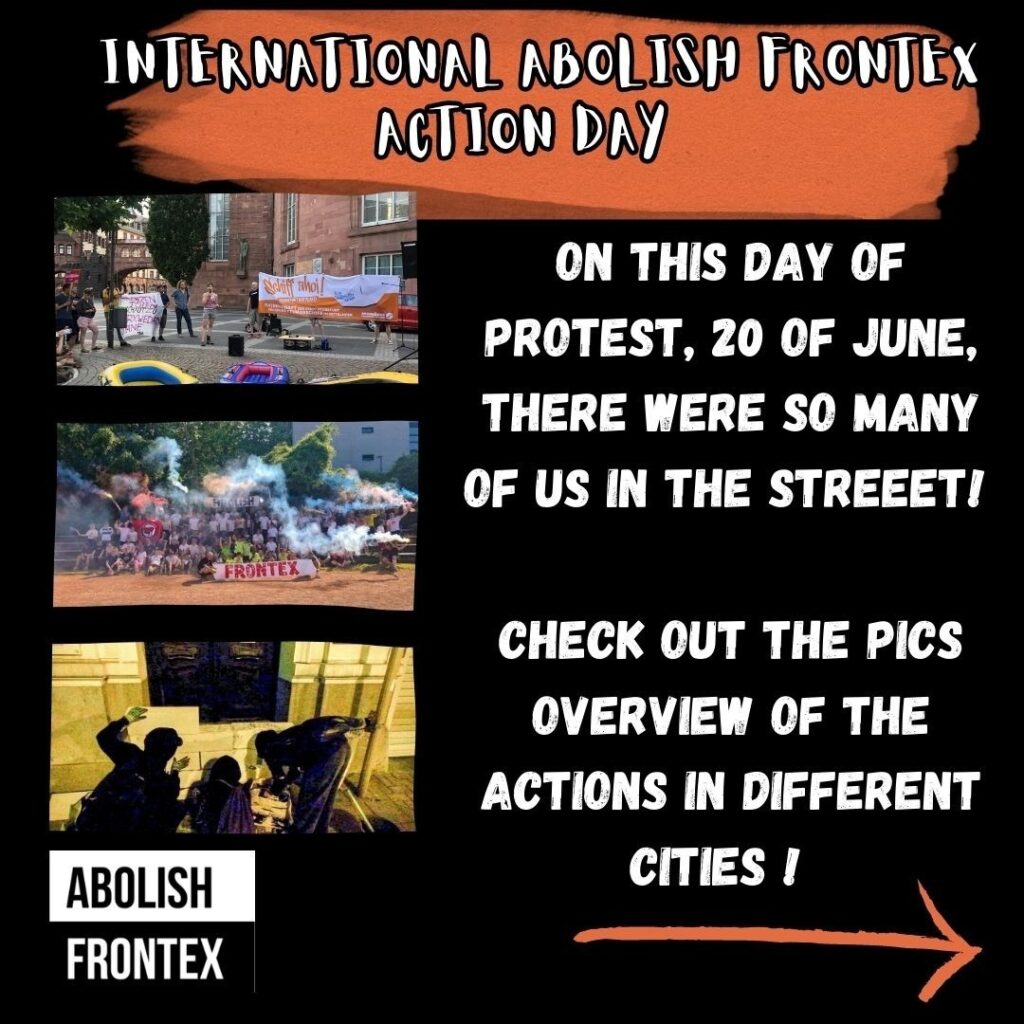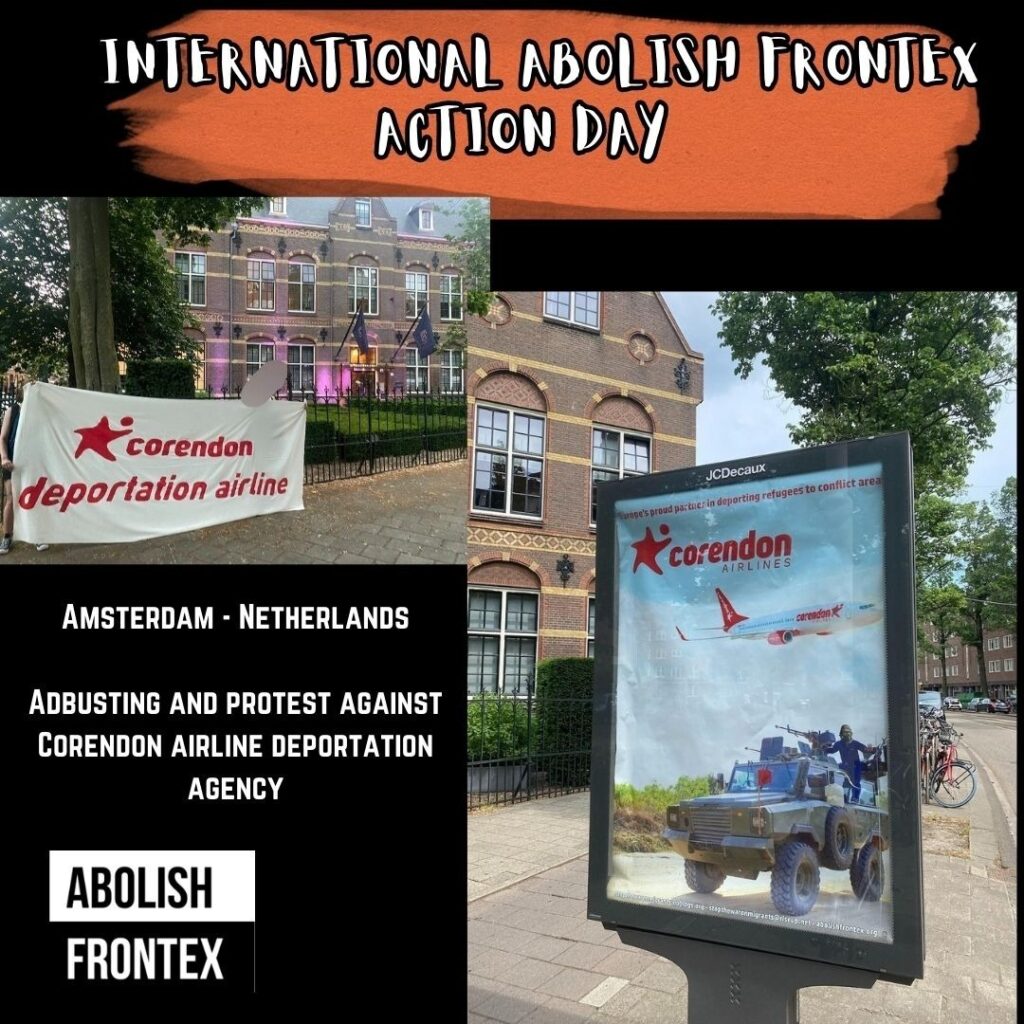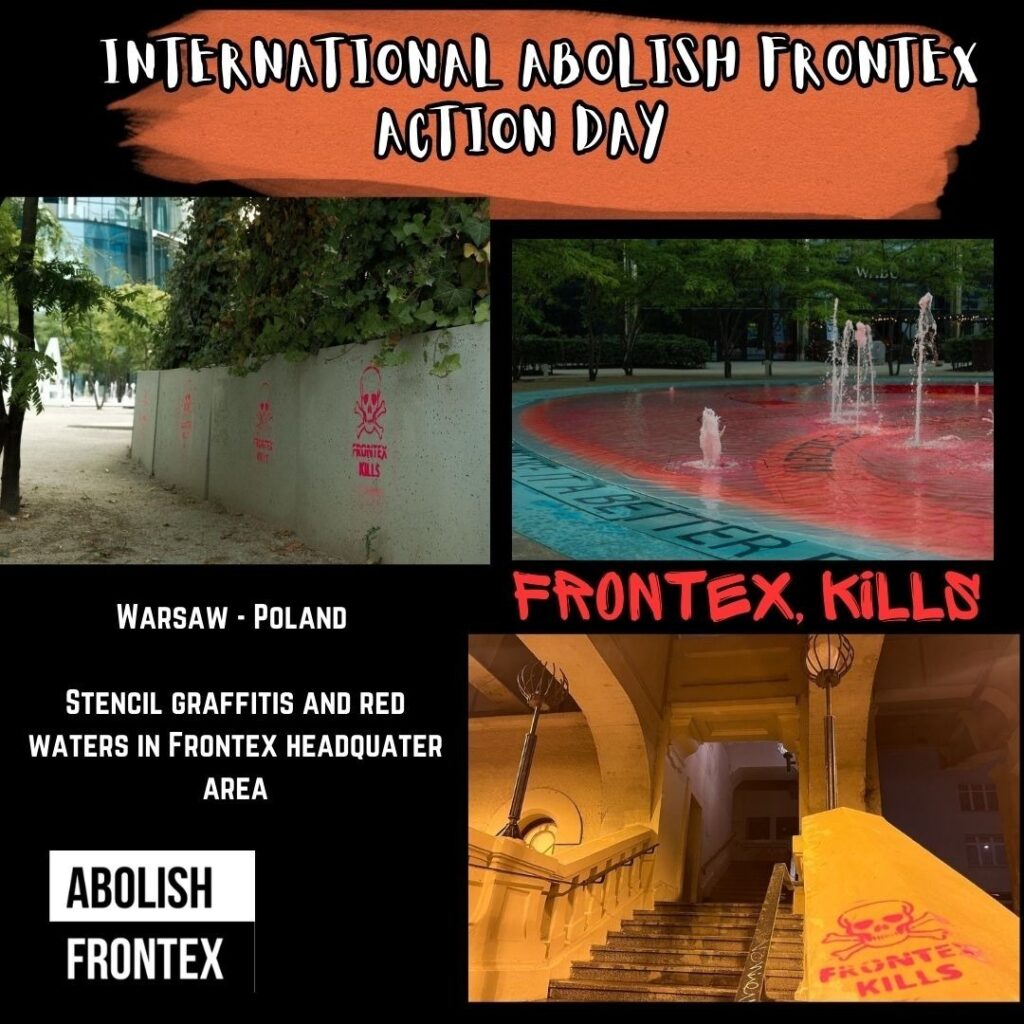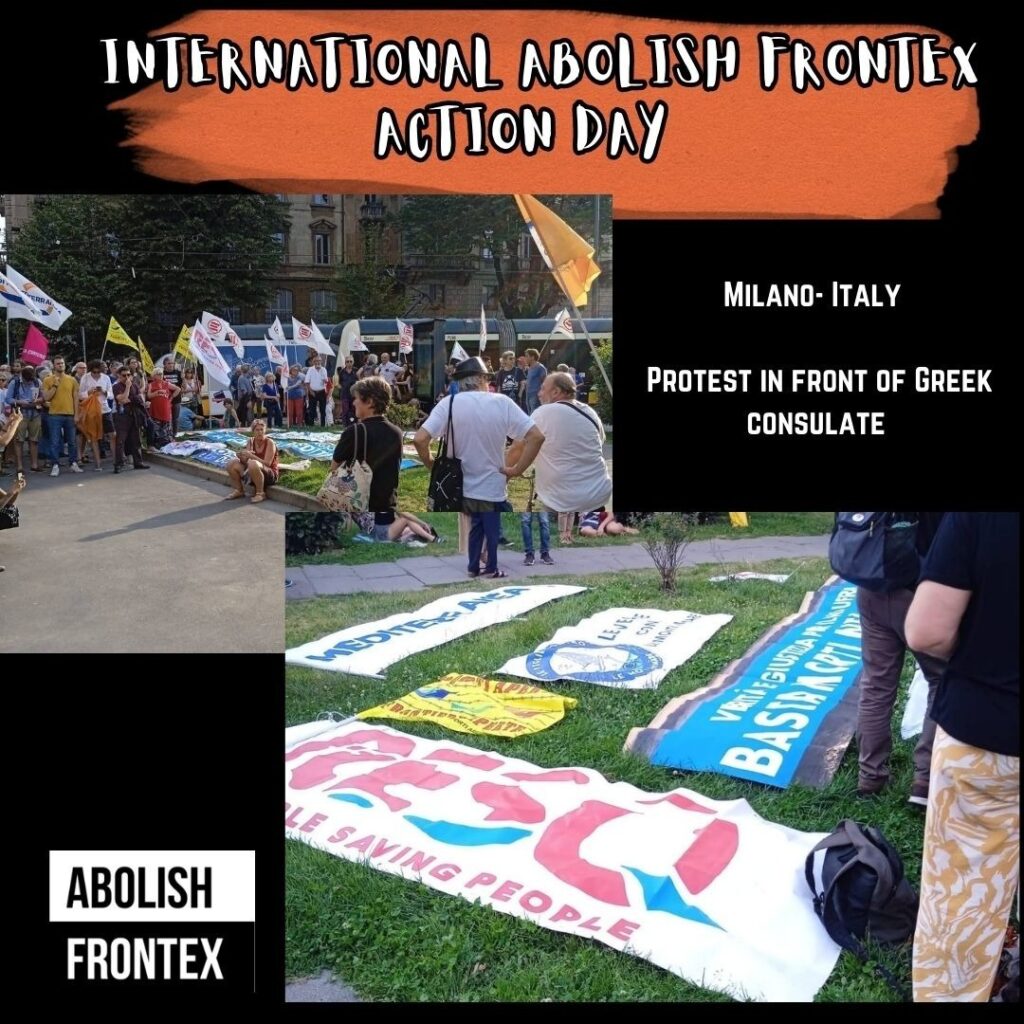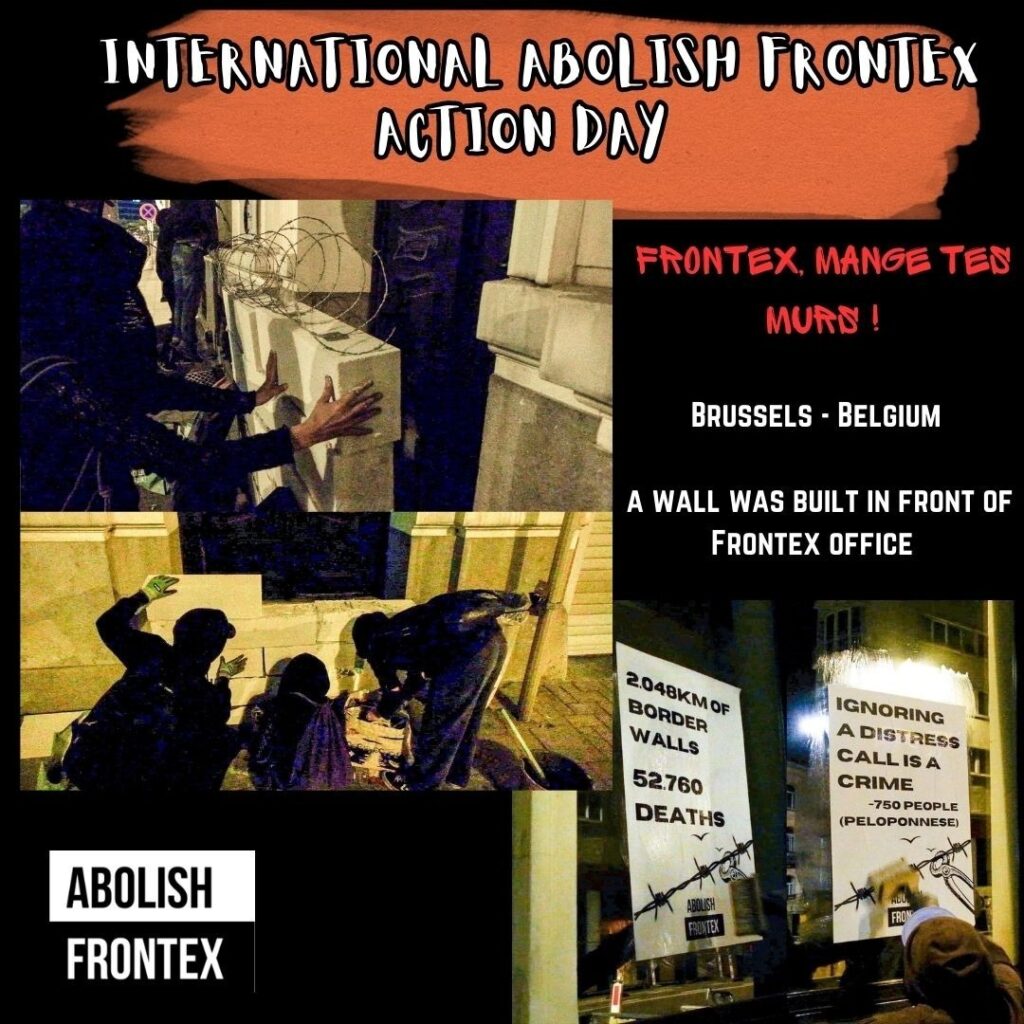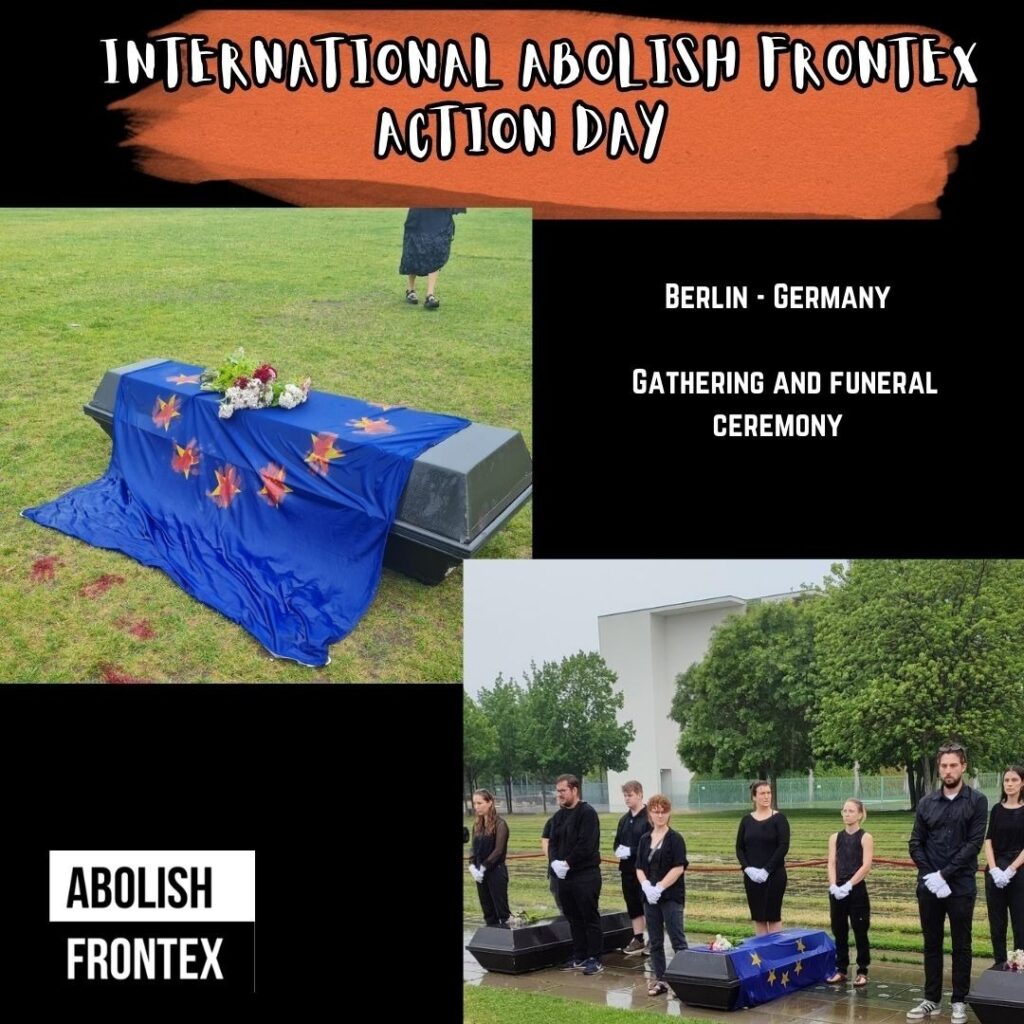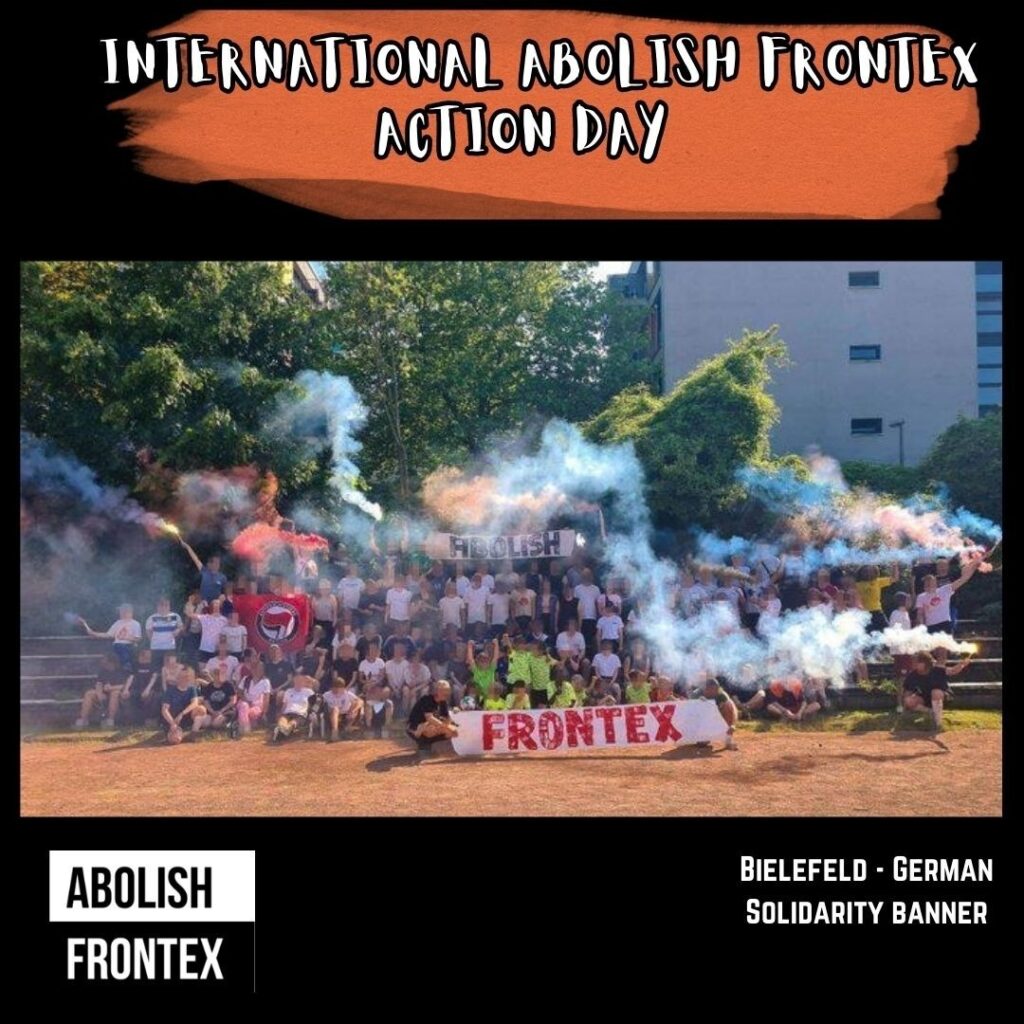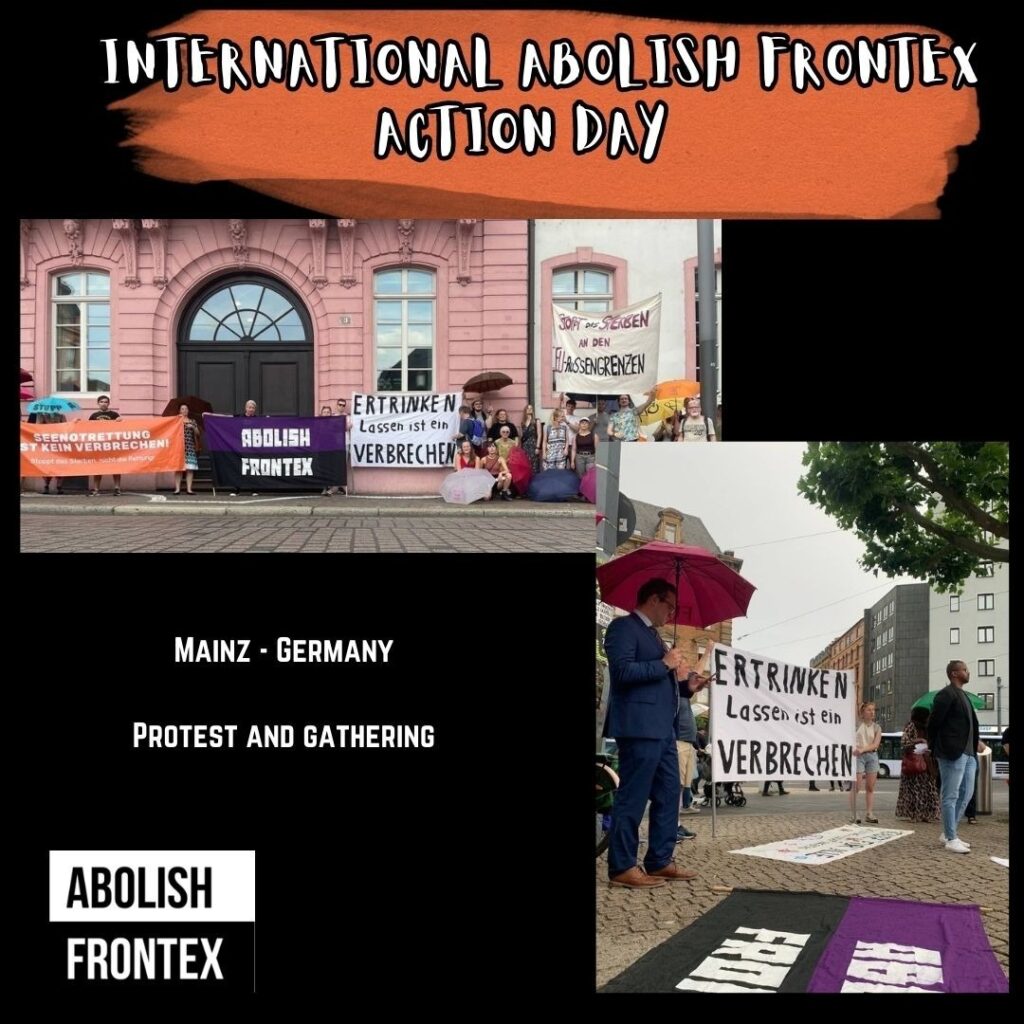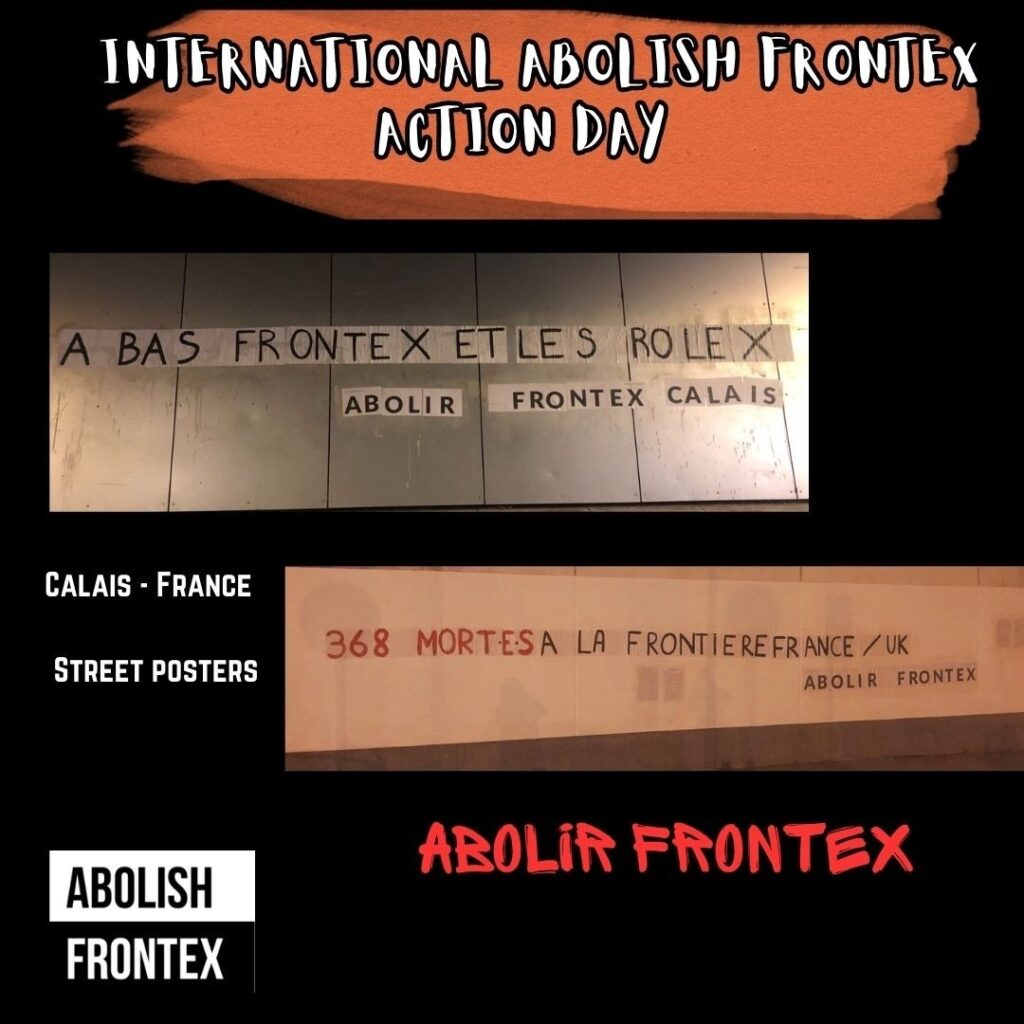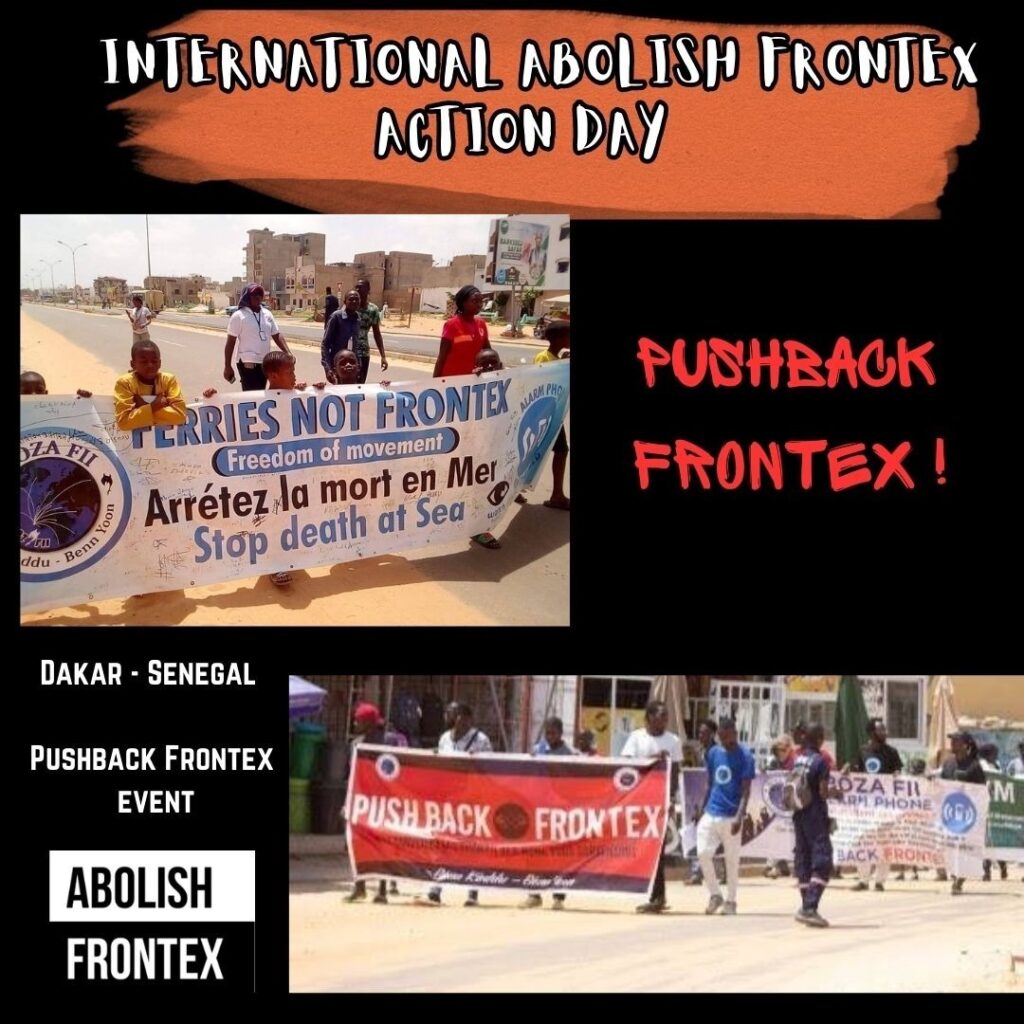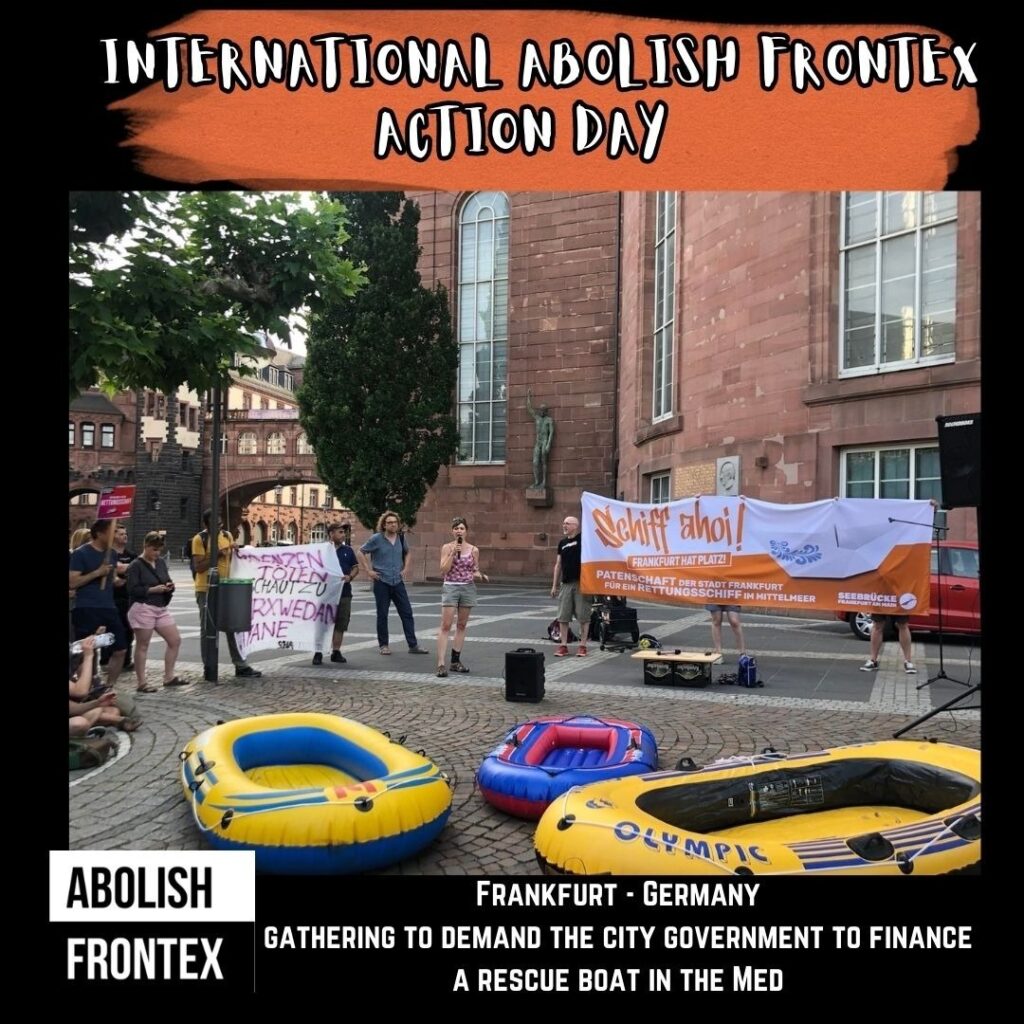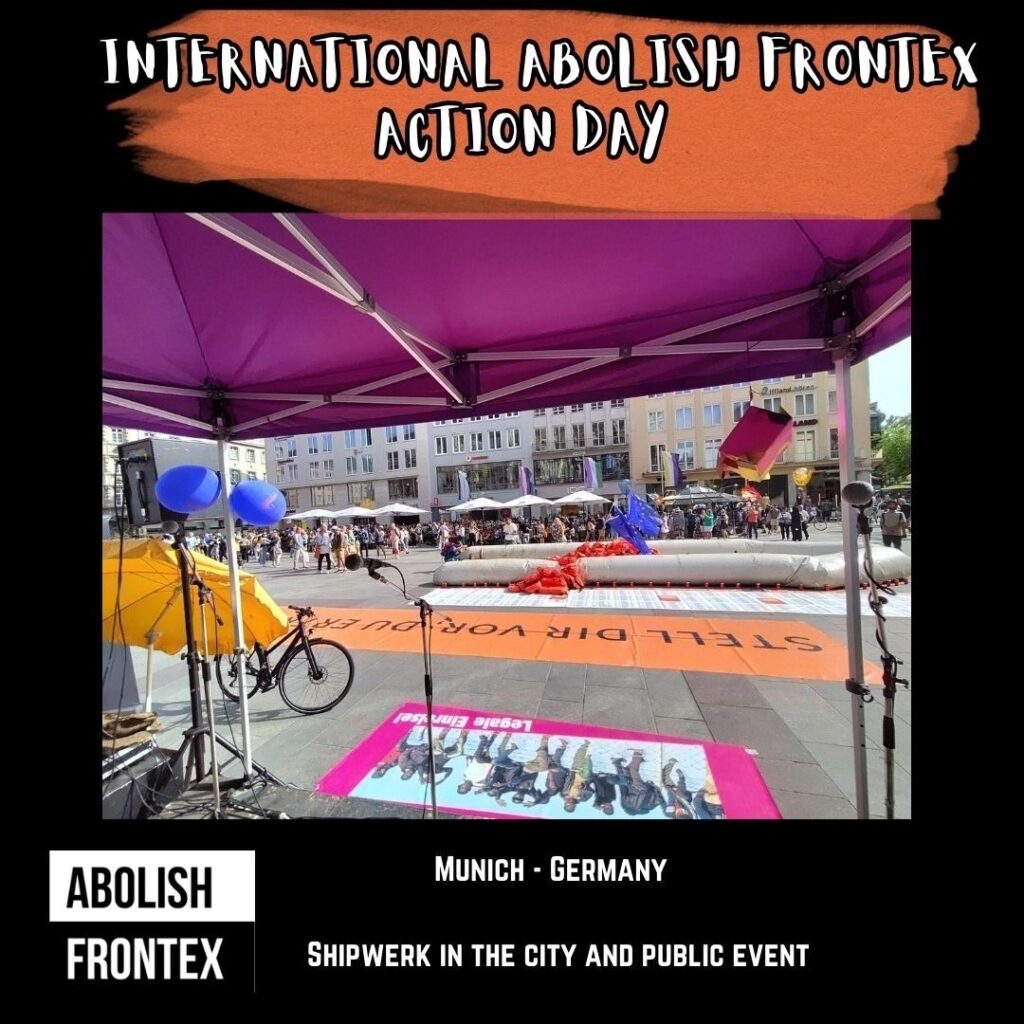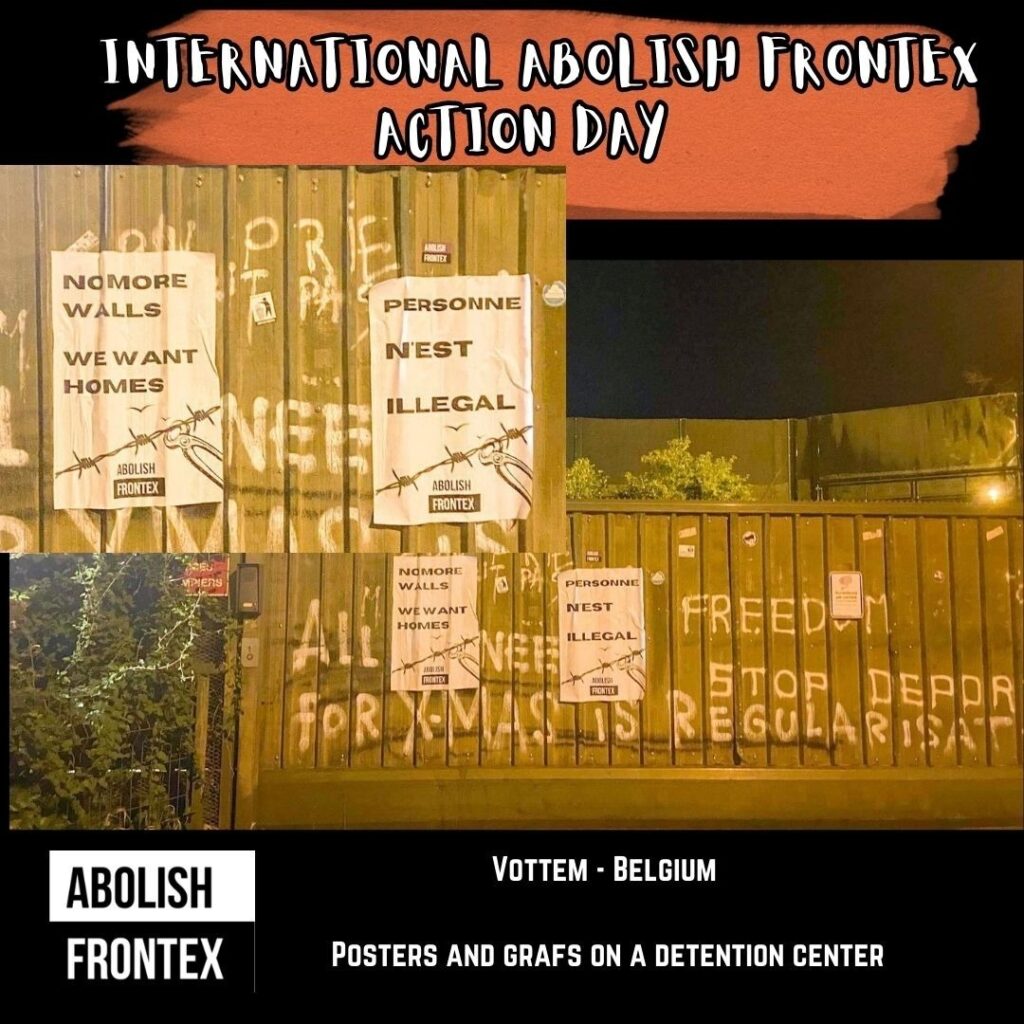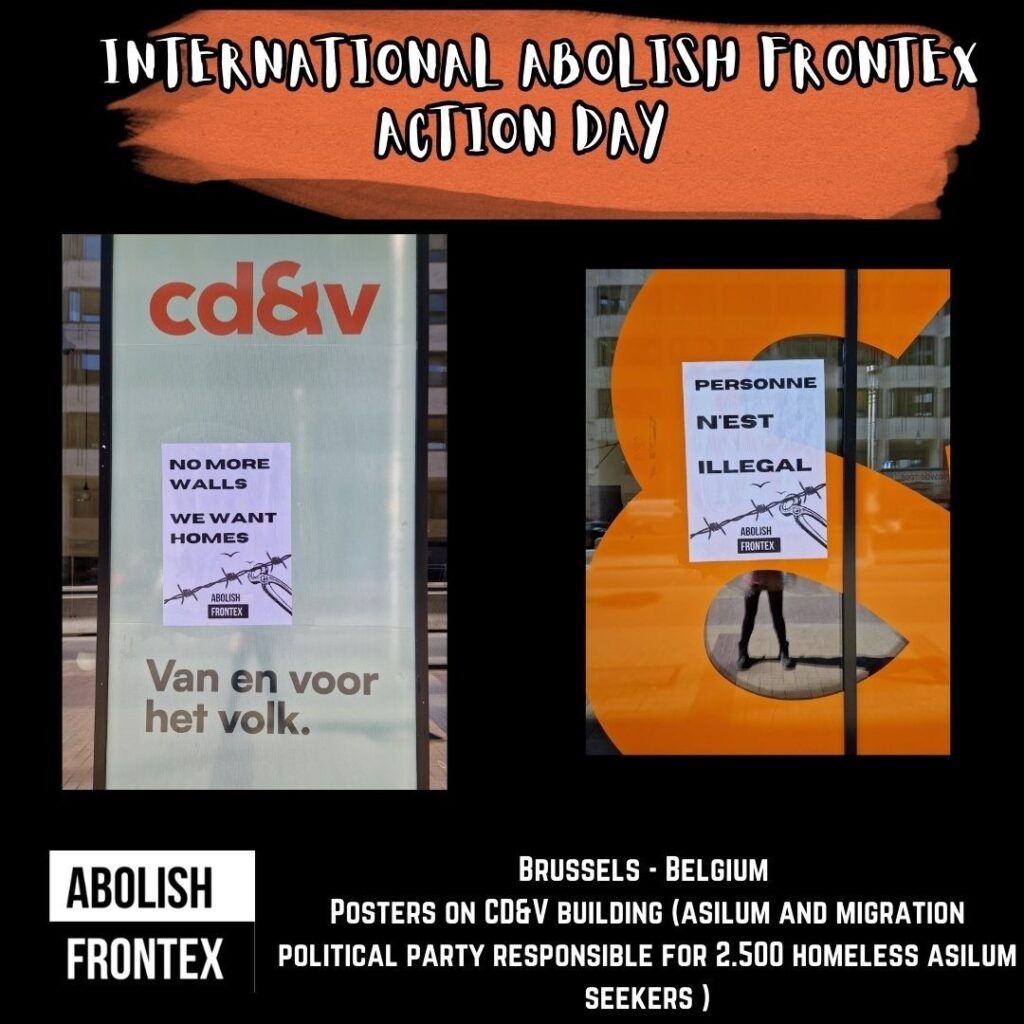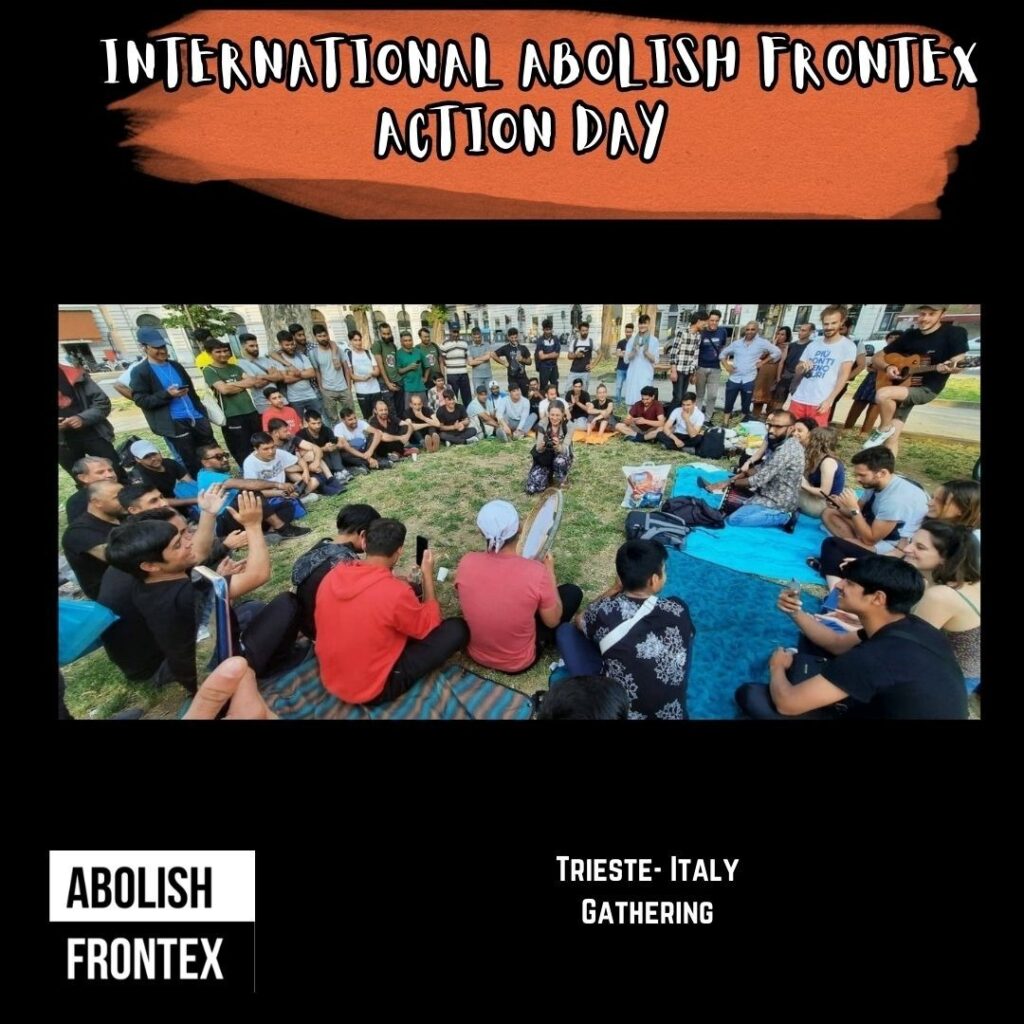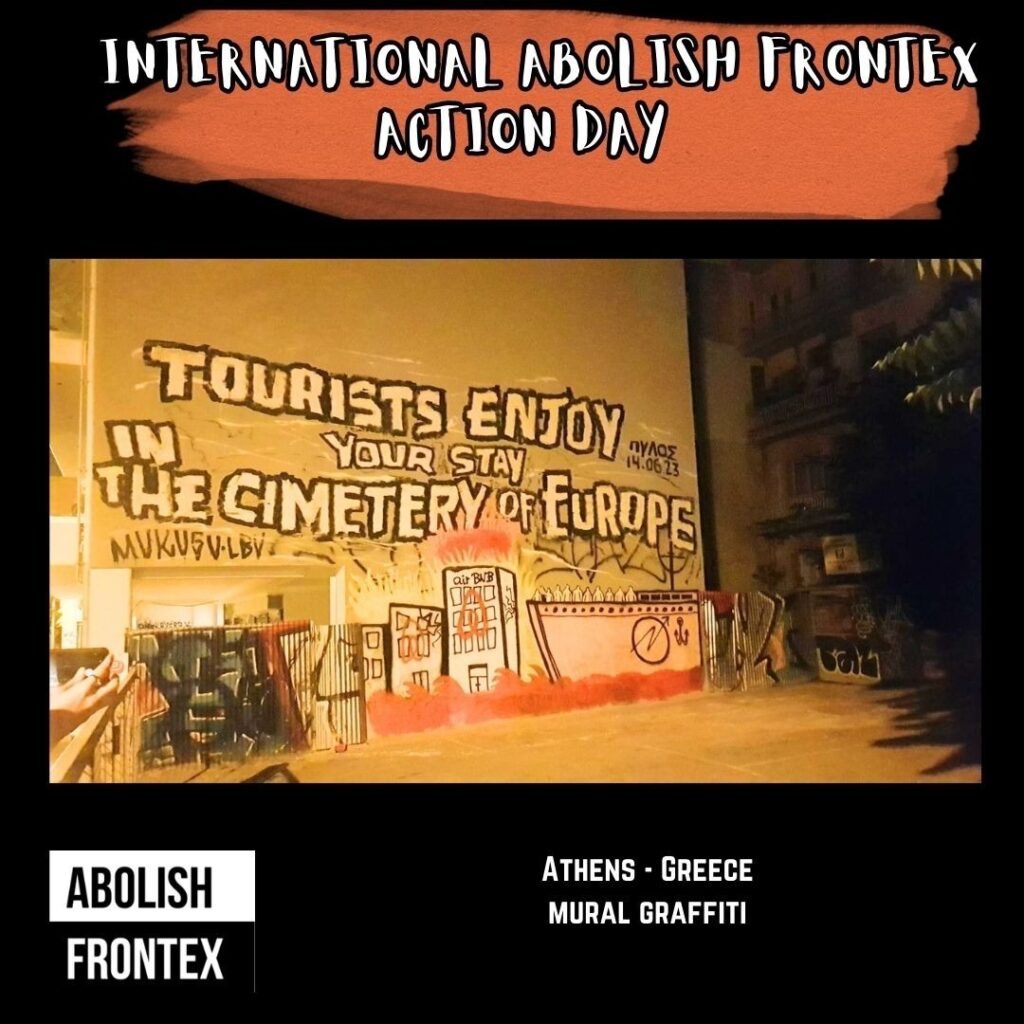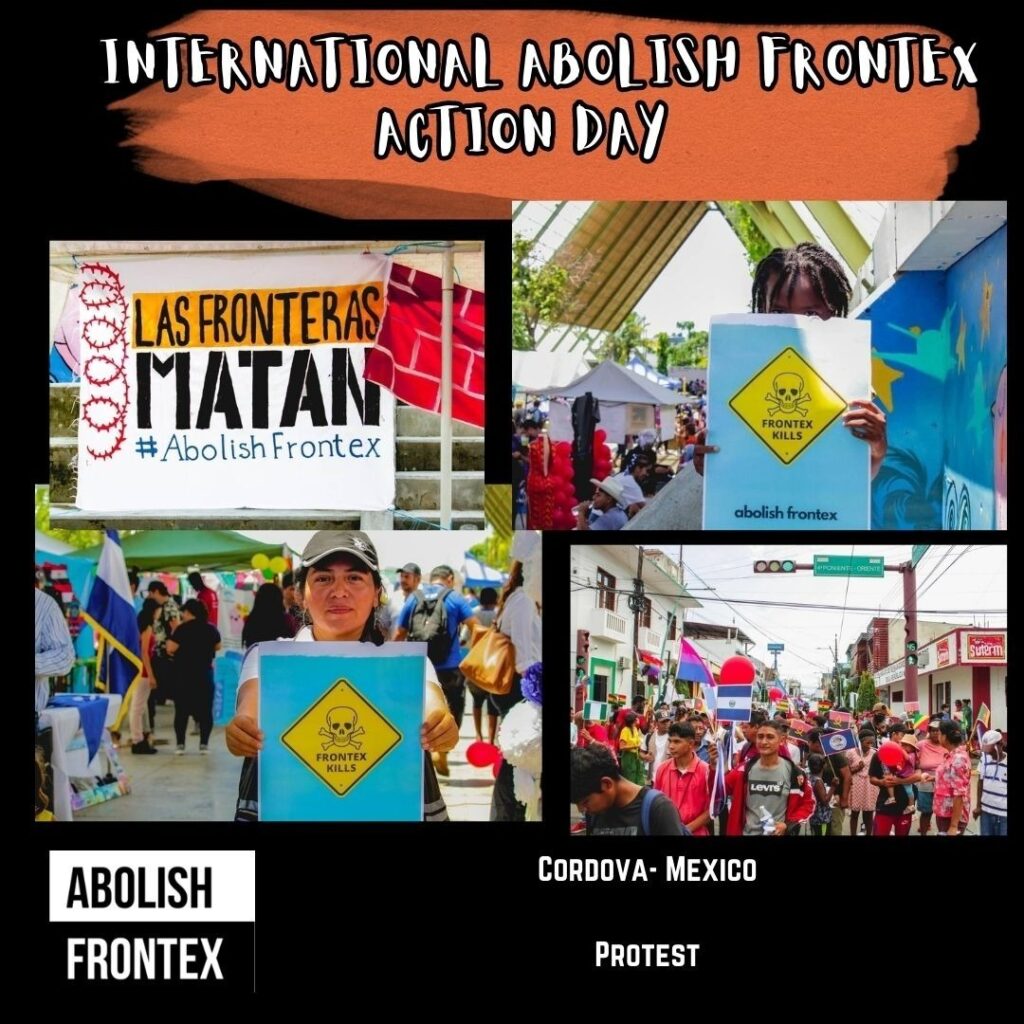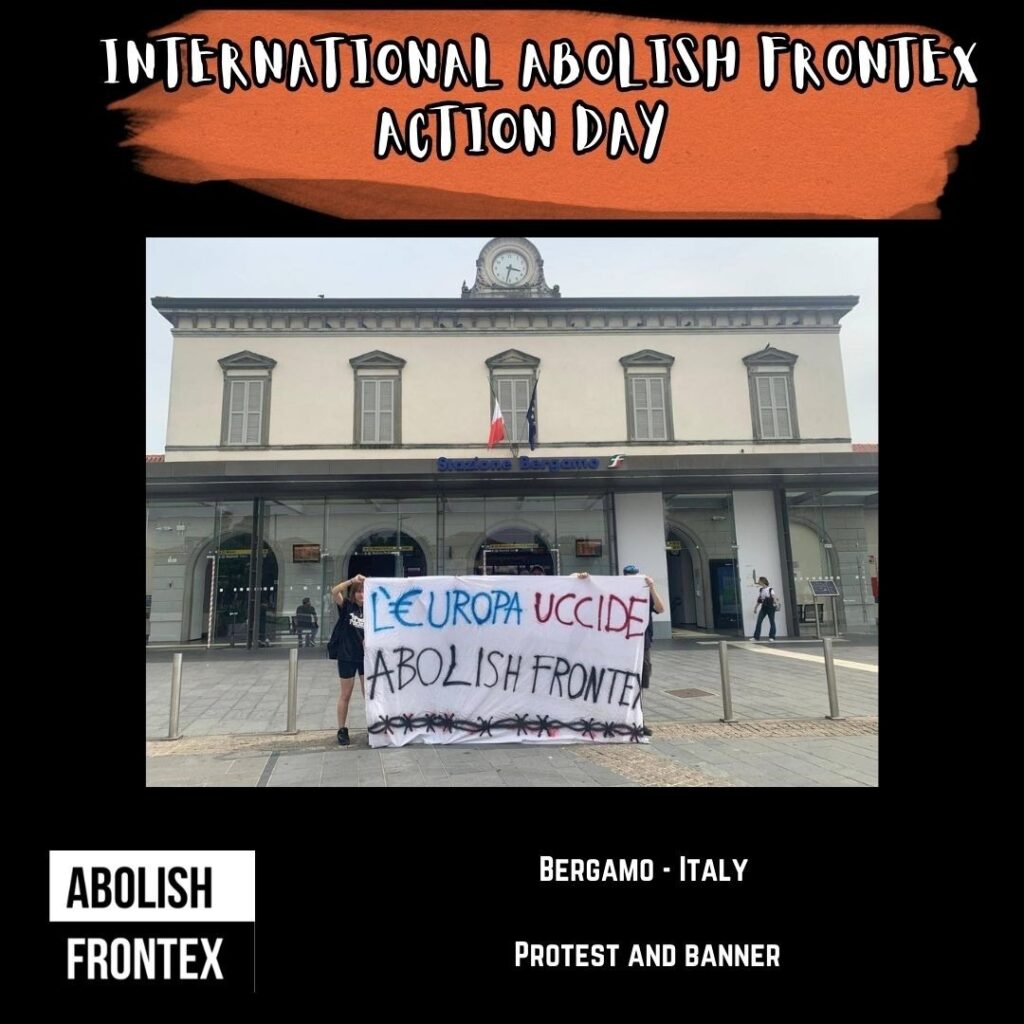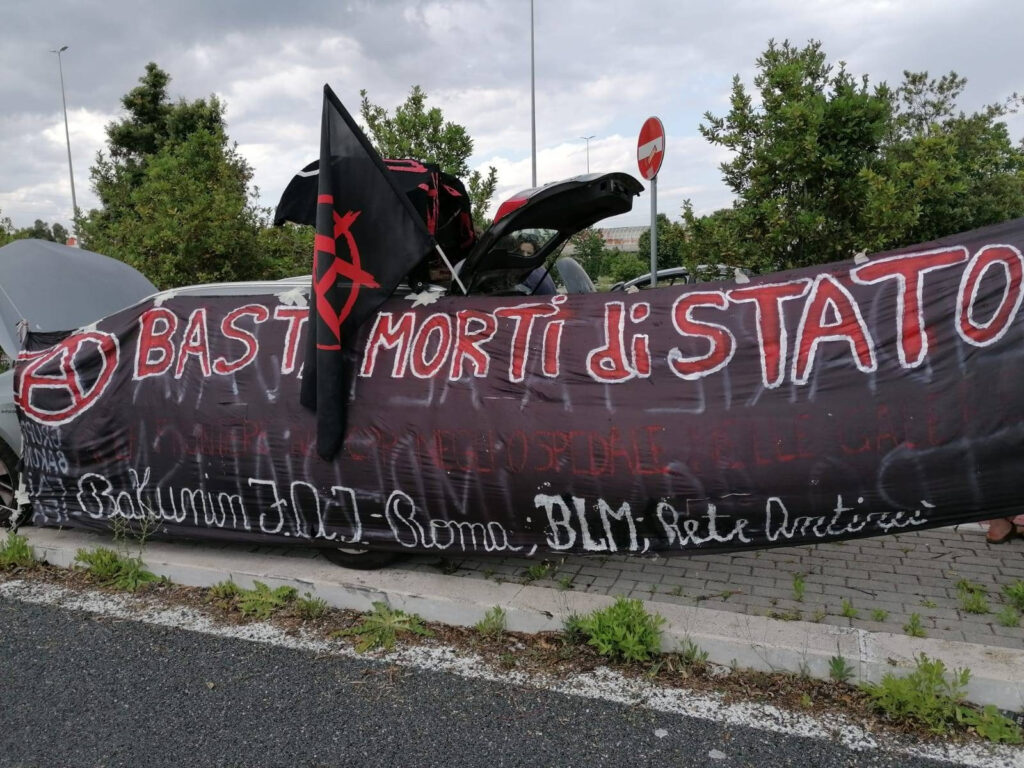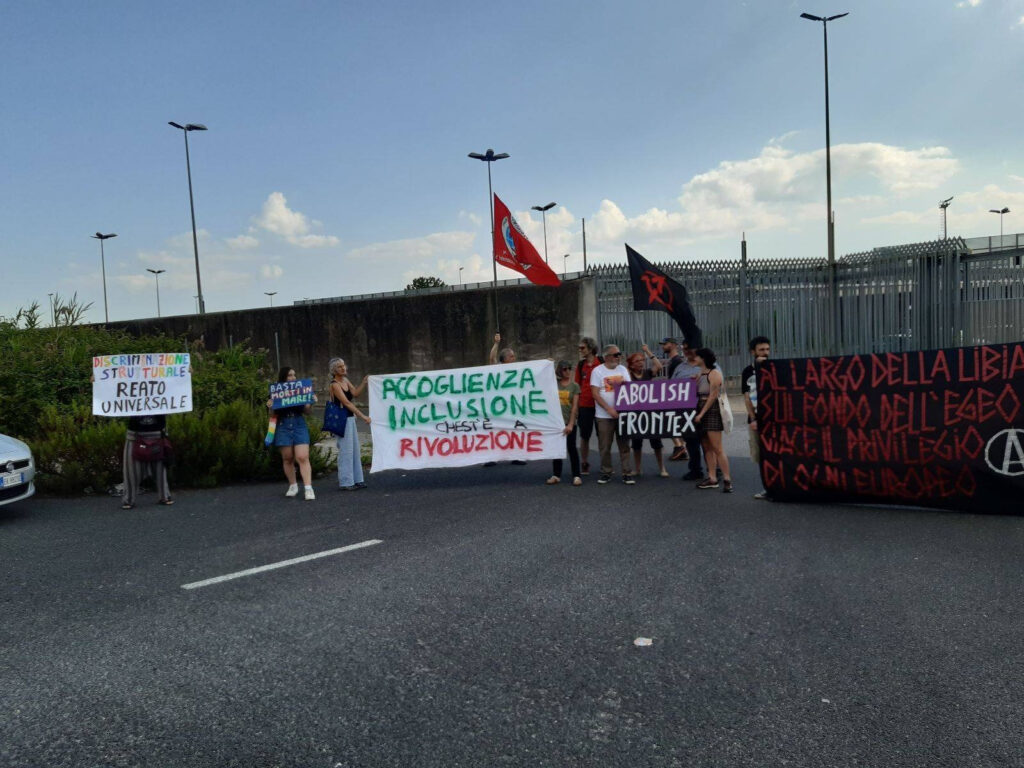2 August 2023 – Letter addressed to
– Ursula von der Leyen, president of the European Commission
– 27 Member States governments
Dear Mrs. Von der Leyen,
We are writing to you to express our indignation and deep opposition to the Memorandum of Understanding with Tunisia, further expanding Fortress Europe, and to denounce the lack of formal condemnation of the racist treatment of and human rights violations against people on the move by Tunisia’s government. A situation that has been described by the UN as illegal under international law.
In a statement from the United Nations Human Rights Office of the High Commissioner (OHCHR) of 18 July, UN experts condemned Tunisia’s racist treatment of Sub-Saharan migrants, emphasizing that “collective expulsions are prohibited under international law” and that “racial hate speech that constitutes incitement to discrimination has real consequences, including violence”.
While the abuses, including collective expulsions, have been going on for years, they intensified this year after racist hate speech by Tunisian president Kaïs Saïed. At the beginning of July, more than 1200 migrants were expelled from the city of Sfax. They were sent to the borders with Libya and Algeria and left there to die. While some hundreds have been rescued, groups of people still remain at the borders today in life-threatening situations. Continue reading “Open letter regarding migration cooperation with Tunisia”
